Save the Blue Heart of Europe : Another victory for the “Brave Women of Kruščica”
++ Women block bridge in Bosnia-Herzegovina for over a year to protect their river ++ New attempt by the investor to vacate the bridge has been successfully fended off ++ Documentary on resistance against dams in the Balkans now available on iTunes ++
Press release from “Blue Heart” campaign, Riverwatch, EuroNatur
Kruščica, Vienna, Radolfzell, August 23, 2018. Last Friday, August 17th, residents of Kruščica once again prevented the investor of the planned hydropower plants Kruščica 1 and Kruščica 2 from starting construction works. About 200 villagers and neighbours blocked passage to the bridge, forcing construction workers and their machineries to retreat.

Investor with police protection © Abaz Dželilović
The atmosphere was tense as this new attempt of the investor came almost exactly one year after the women experienced considerable police violence. On August 24th, 2017, Bosnian riot police forces forcibly cleared the drive-up to the bridge; many women who stood peaceful guard on the bridge got hurt, arrested and fined. Fortunately, no violence occurred this time.
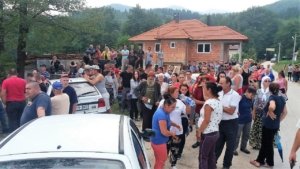
Street blockade © Abaz Dželilović
The fact that the investor has made another attempt to start construction works on the power plants shows how important the presence of the brave women continues to be. In June, the competent cantonal court revoked the environmental permit for the dam construction, however, the investor could possibly be granted another permit to continue construction if the application was revised accordingly. Apparently, he is already planning this even without a new court ruling.
Maida Bilal, one of the women of Kruščica, states: “In spite of all the strains, with which we have to cope day by day, we’ll not give up. We stand together shoulder to shoulder to protect our river and its beauty against the construction machinery.”
Ulrich Eichelmann, CEO of Riverwatch, says: “The whole farce around Kruščica could be ended by imposing a construction freeze of the two power plants. We call on the responsible Minister Salkan Merdžanic to finally cancel the concessions for Kruščica 1 and Kruščica 2; otherwise the situation threatens to escalate.”
The “Brave Women of Kruščica” play a prominent role in the documentary “Blue Heart”. This film, which has been commissioned by outdoor clothing company Patagonia, will be screened in Kruščica on the August 24th, 2018 – the anniversary of the violent police operation. As of now, “Blue Heart” is available from iTunes (€ 4.99).
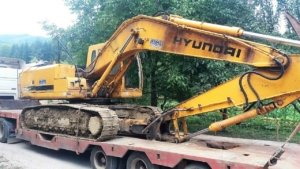
Excavator © Abaz Dželilović

Kruscica women on the bridge © Andrew Burr
Background information
- This is a joint press release by EuroNatur, Riverwatch, and Center for Environment
- Please find further information on the film “Blue Heart”, which has been screened in numerous countries on different continents, on the website “The dam truth”.
- The Patagonia film ‘Blue Heart’ supports the campaign “Save the Blue Heart of Europe”, which aims to protect the most valuable rivers in the Balkans from a dam tsunami of about 2,800 dam projects. The campaign is coordinated by the NGOs Riverwatch and EuroNatur and carried out together with partner organisations in the Balkan countries. In Bosnia & Herzegovina, the local partner is Center for Environment.
- Photos attached: The attached photo material can be used once in connection with this press release and indicating photo credits. Information about the photos:
- Accompanied by police and with heavy construction machinery, the investor of the planned hydropower plants showed up at the village of Kruščica last Friday. © Abaz Dželilović
- The villagers were alerted quickly and blocked access to the river. © Abaz Dželilović
- This excavator must not stay – it embodies the threat of destruction of the river. © Abaz Dželilović
- For over a year, the “Brave Women of Kruščica” keep a bridge over their river occupied in order to prevent the construction of two hydropower projects. The two plants threaten the integrity of this wild river as well as the community’s drinking water supply. © Andrew Burr
Contact information
Jelena Ivanić – local Blue Heart campaign coordinator in Bosnia-Herzegovina, Center for Environment
jelena.ivanic@czzs.org, +387/65779467
Cornelia Wieser, international Blue Heart campaign coordinator, Riverwatch
cornelia.wieser@riverwatch.eu, +43 650 4544784
Christian Stielow, press and public relations, EuroNatur
christian.stielow@euronatur.org, +49 7732 927215
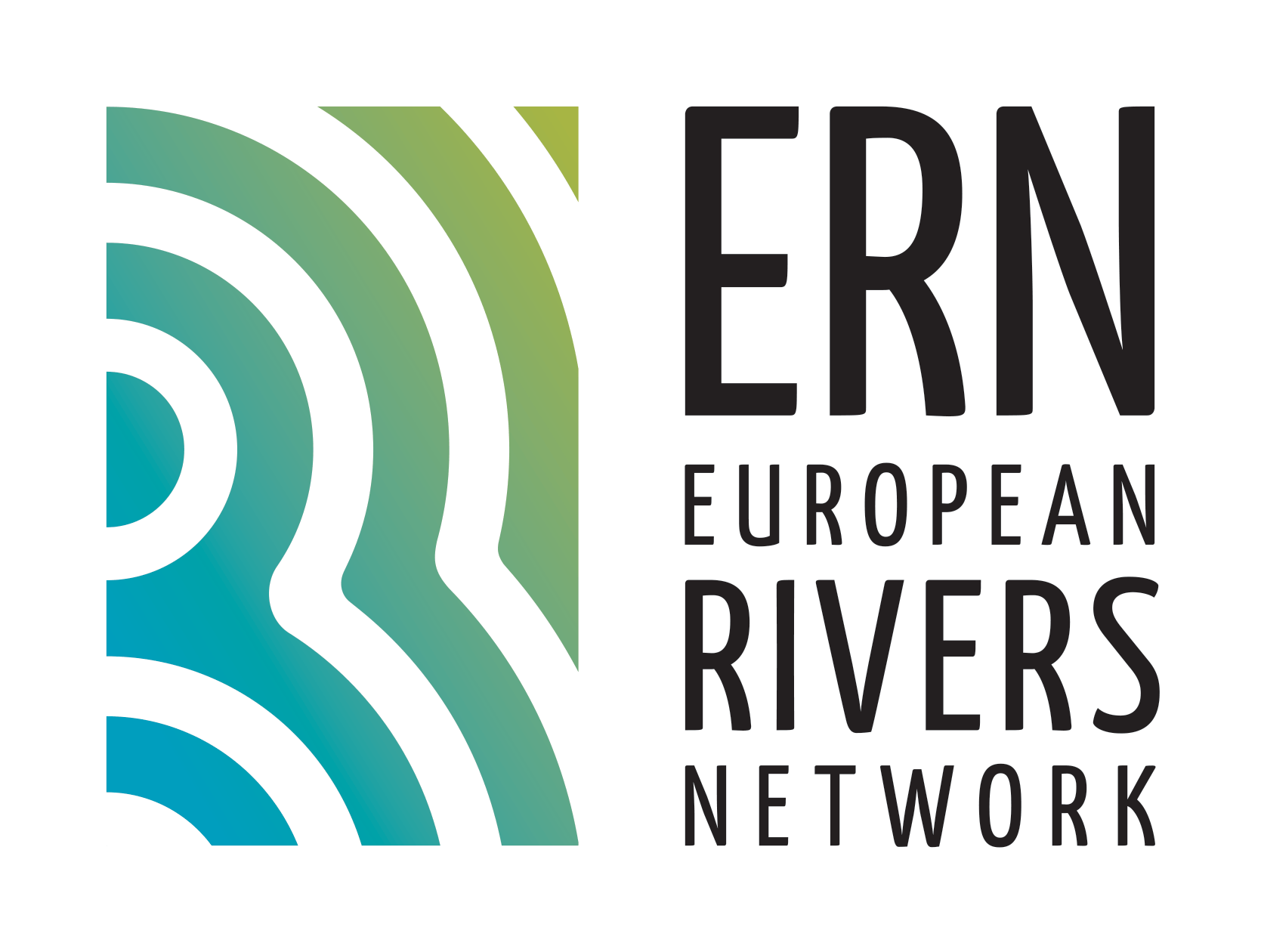
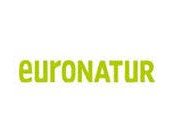
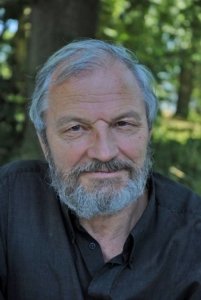
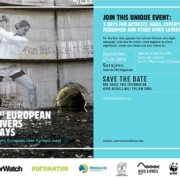
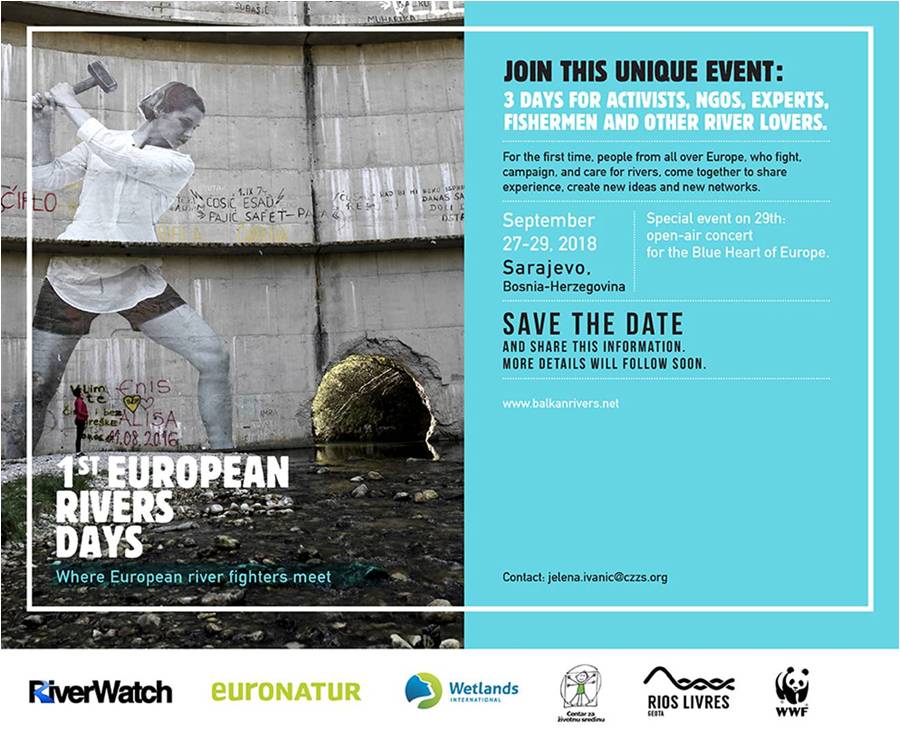

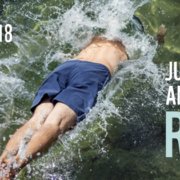
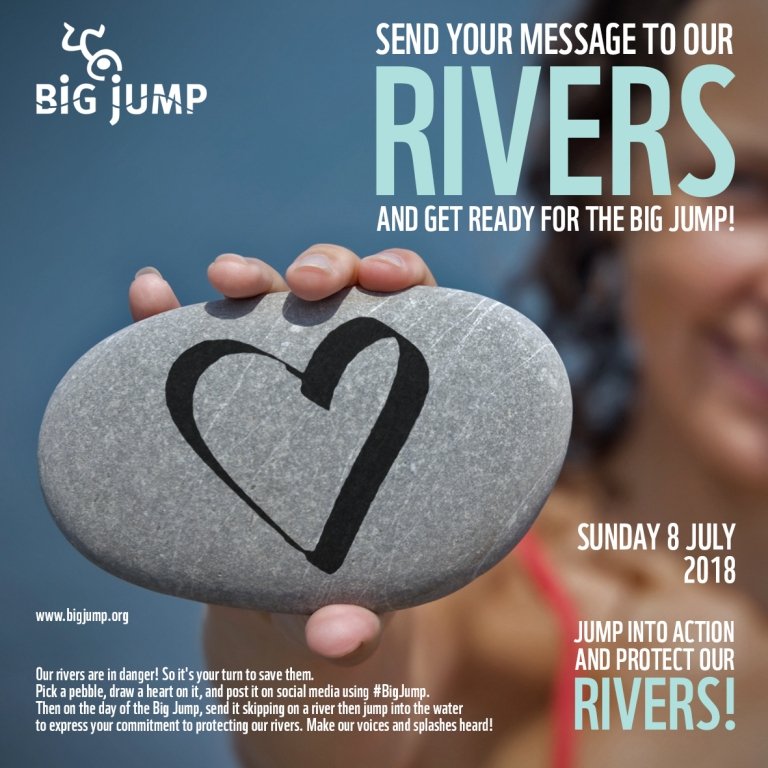
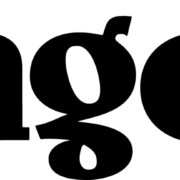
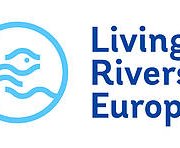


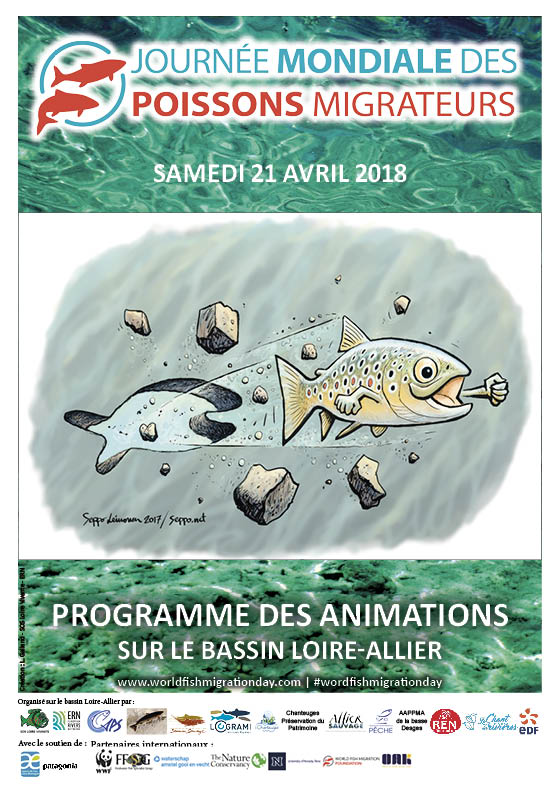
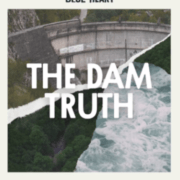
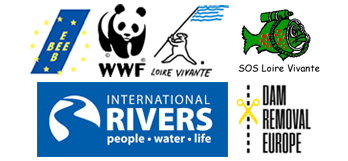 ERN is the official WWF Freshwater Partner in France and cooperates with WWF Switzerland, Austria, Netherlands and others
ERN is the official WWF Freshwater Partner in France and cooperates with WWF Switzerland, Austria, Netherlands and others